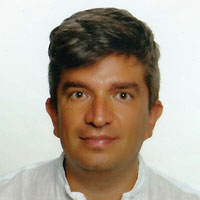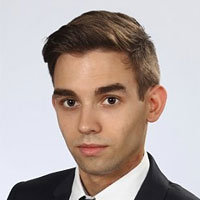Despite the Pandemic emergency the First GrEnFIn-Summer School took successfully place, even if we have been forced to held it entirely online. We are glad to say that between the 8th and the 11th of June 2020 we had few intense and incredibly satisfying days of work and collaboration between lecturers, students and auditors.
As well as 30 hours of intensive lectures, students had been requested to deal with a stimulating teamwork whose purpose was to evaluate the impact of climate change on infrastructure with statistical methods.
More precisely they were requested to imagine building a solar farm in a specified location and to asses how climate change will affect the solar installation.
The analysis of the climate change impact is considered in relation to three areas:
- Mechanical damage to installations - analyze how a given climate change effect can mechanically damage installations (e.g. fire damage to solar panels)
- Energy production from installations - how will the effect of climate change affect the installation's ability to produce energy (e.g. air pollution will settle on solar panels and reduce the installation's efficiency)
- Access to the installation - how will the effects of climate change affect access to the installation (e.g. blocking of the road by trees broken by the wind)
A sensitivity matrices should allow to reject the effects of climate change that are not significant in the case under consideration while a vulnerability matrix should be used to choose the most significant effects of climate change for which it is necessary to adapt the installation.
The projects presented by all the six teams had been impressive; they all elaborate believable adaptability solutions supported by rigorous analysis but at the same time full of clever creativity and passion. We all got touched by their excellent work!
For the Teamworks presentation section (11th June 5.30 – 7.30 PM Brussels Time) all GrEnFIn First Summer School students were divided into 6 groups. They were asked to work in team and produce a presentation to introduce the simplest way to determine the impact of climate change on infrastructure. They received a specific scenario and detailed information about the tools they could use. Here below their works:





